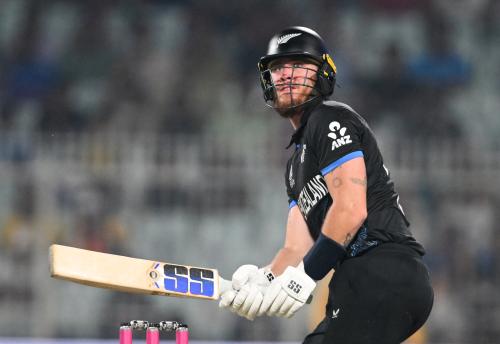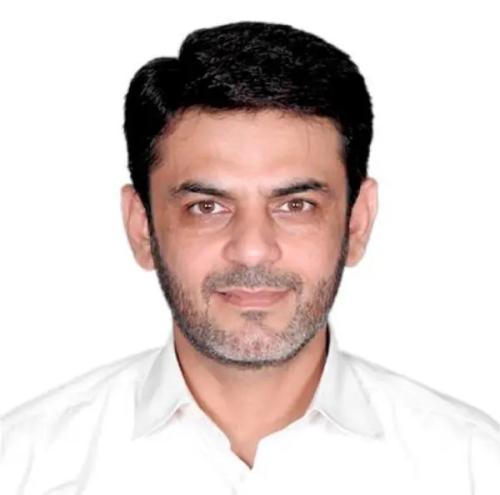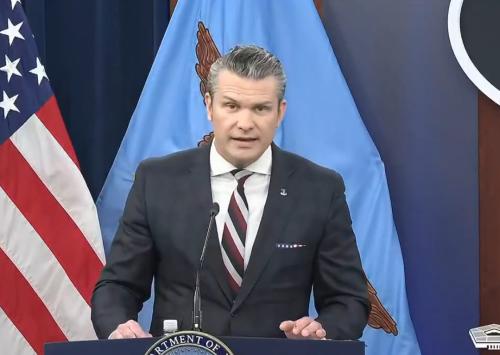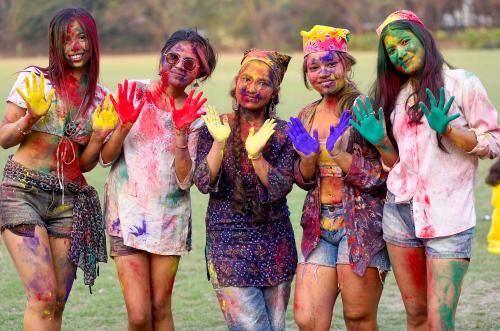By Rachel V Thomas New Delhi, June 1 (IANS) After the devastating second Covid wave, India is facing warning of a severe third wave but according to health experts, the timing of a third wave cannot be predicted but experience from other countries reveal that it is likely to take place soon. Earlier this month, K. Vijay Raghavan, Principal Scientific Adviser to the government, warned that a third wave of Covid-19 is inevitable, but has no clear timeline. SARS CoV-2 virus which is causing the Covid pandemic has shown its capability to mutate and spread even more vigorously by increasing its infectivity as proven by the sharp increase in cases during the second wave. "Add to this the fact that there is a very high degree of circulation of the virus currently and you have a perfect recipe for another wave in the not-too-distant future," Krishan Chugh, Director, Paediatrics, Fortis Memorial Research Institute, told IANS. Experts advised people and the government to learn from mistakes and remain better prepared. "Also, if we go by the experience of some other countries, it appears that a third wave is quite likely. It is estimated that it can come within three to six months," Chugh added. The experts noted that the intensity of the third wave will depend on people's Covid-appropriate behaviour and the character of the next mutation that the virus goes through. "The third wave cannot be predicted. As long as we keep counting the cases, the fourth and fifth wave will also occur. What matters is the peak of the wave. Covid-19 is not going anywhere. It will be part of our flu season and we will have to learn to live with it as we have been doing it with tuberculosis," Dr V Anil Kumar, Clinical Professor and Head, Microbiology, Amrita Hospital, Kochi, told IANS. In the first wave of the pandemic, people above the age of 45 were considered to be the most vulnerable to the infection. In the ongoing second wave, many young people contracted the infection. Higher risk of infection was also seen among children as small as eight months. A small proportion of children suffered from an immune-mediated condition called multi-system inflammatory syndrome associated with Covid-19 (MIS-C). But for the third wave, concerns have been raised for children. Over the next few months, a large number of adults are likely to acquire immunity either by the vaccine or by having suffered from Covid. But children are yet to be vaccinated in India, while the US, Canada and more recently the European Commission have authorised vaccines for individuals above 12 years of age. "Children are vulnerable because they are non-immune and can no longer be kept locked inside their homes. Infections in children are increasingly being recognised as the B1617 strain was highly infectious," Kumar said. While "it is hoped that innate immunity of children will give them resistance to keep the severity of the disease low even in the next wave.. the MIS-C numbers may be high enough to stretch the health care system," said Chugh. However, in a recent statement, the Indian Academy of Paediatrics said that "there is no evidence indicating that most children with the Covid-19 infection will have severe disease in the third wave". As the intensity of the second wave caught the administrative system as well as the medical experts totally unprepared, states like Maharashtra, Uttarakhand, Delhi and Karnataka have started preparing for an impending third wave. "We have to learn from that mistake and be fully geared up for the future. Steps should be taken right at this stage to create facilities of good quality and child appropriate so that we are not found wanting when the third wave does strike, and God forbid affects children more. "Experience till now has shown that adequately trained manpower is the biggest limiting factor and preparations have to focus on this crucial issue," Chugh noted. (Rachel V Thomas can be contacted at rachel.t@ians.in)
3rd Covid wave timing can't be predicted, preparedness is key
- by Rinku
- June 01, 2021 2 minutes
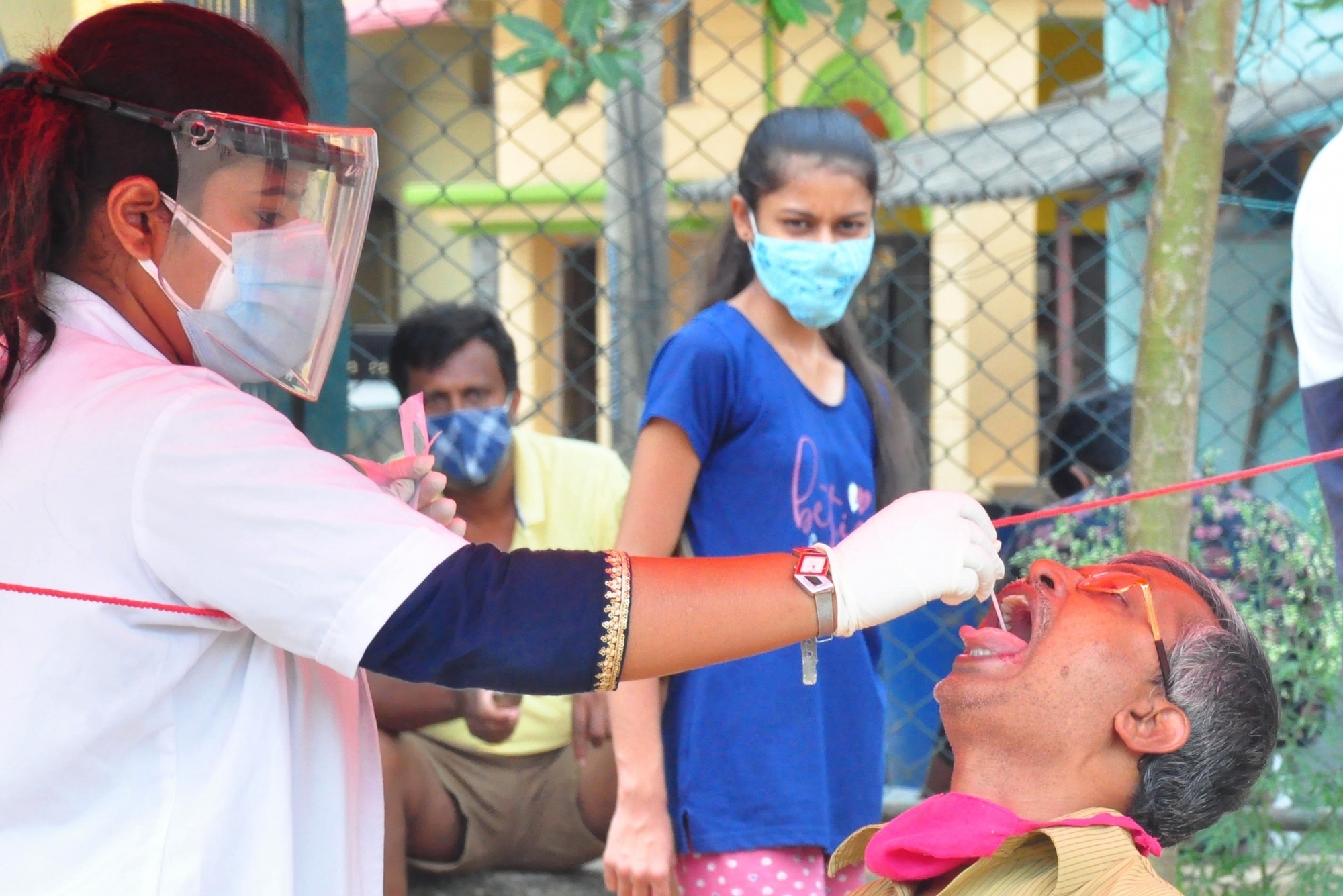
Bengaluru: People standing in the queue for the Covid-19 test at Mallathahalli Health centre in the wake of the 2nd wave of COVID-19, in Bengaluru (Photo: Dhananjay Yadav/IANS)




